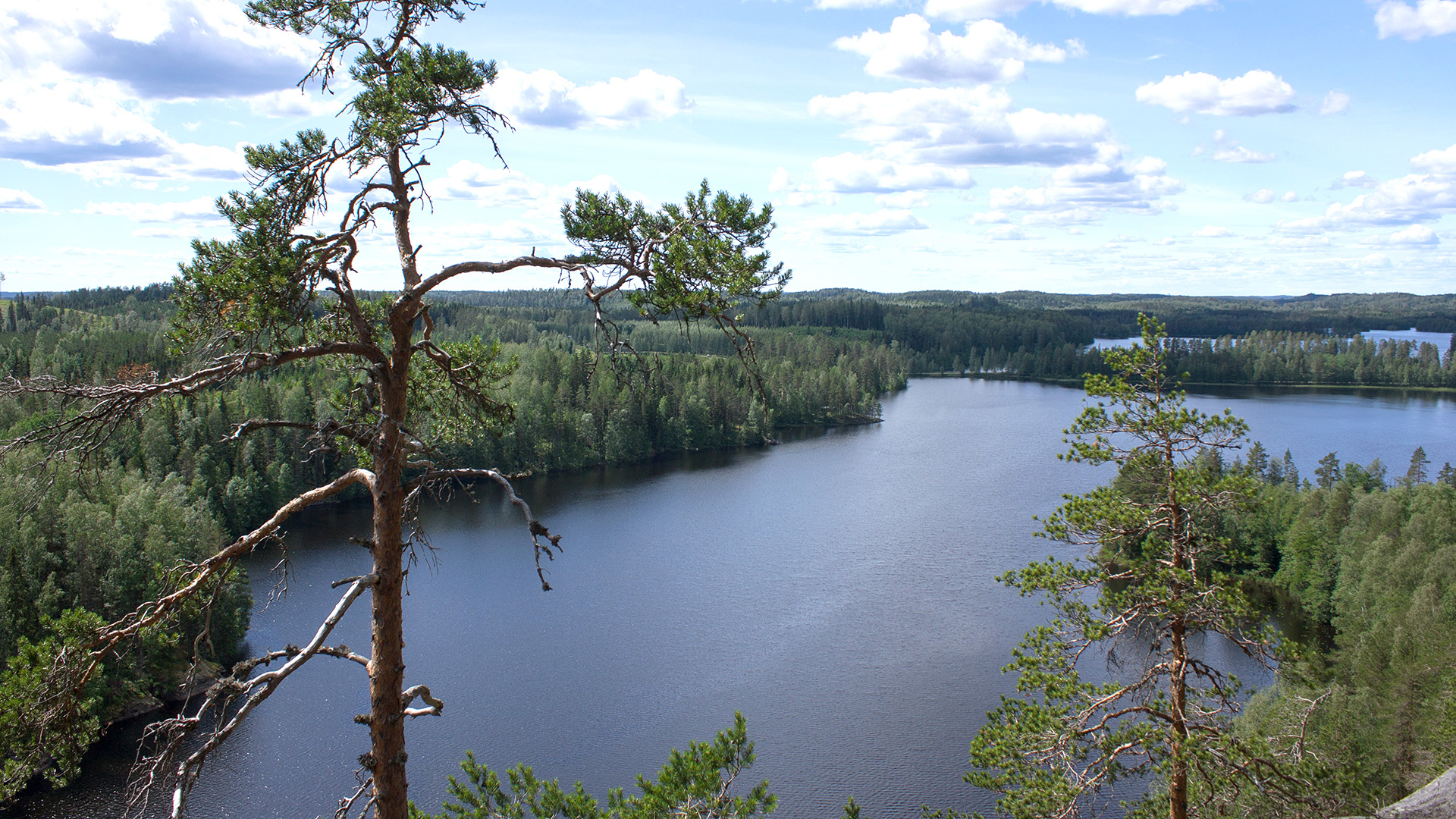Jamk Works for a Sustainable Future in 2020
A Working Group on Sustainable Development promotes sustainability and responsibility at Jamk. Together with other UASs, Jamk has also committed to the Programme for the sustainable development and responsibility of universities of applied sciences published by the Rectors’ Conference of Finnish Universities of Applied Sciences Arene in 2020, which aims for carbon-neutral UASs.

In keeping with its strategy, Jamk will take responsibility into account in all its operations and act in an ecologically, socially and economically sustainable manner. Work on sustainability and responsibility at Jamk is promoted by the Working Group on Sustainable Development (KEKE).
In November 2020, the Rectors’ Conference of Finnish Universities of Applied Sciences Arene published a common Programme for the sustainable development and responsibility of universities of applied sciences, which is underpinned by the UN’s Sustainable Development Goals adopted in 2015. The goal of the programme is sustainable, responsible and carbon-neutral universities of applied sciences by 2030. Jamk is also committed to these goals. Jamk experts participated actively in putting the programme together and are involved in Arene’s sustainable development working groups in charge of implementing it.
The impact of universities of applied sciences is created especially by competence produced for society, particularly through education and RDI activities. Handprint refers to impacts on changing society and working life achieved through the competence produced by education as well as research, development and innovation activities. The aim of the universities of applied sciences is to increase their handprint to build a sustainable future for society and to reduce the footprint of their activities.
Jamk has set the goal of being carbon neutral in 2030, and the work on achieving this goal has begun. Common principles for calculating UASs’ CO2 emissions were defined by the Working Group on Sustainability and Responsibility of Arene, the Rectors’ Conference of Finnish Universities of Applied Sciences.
Jamk used Arene’s calculator, which takes into account premises and travel, to calculate its footprint in 2019. The calculator will be developed further, and the carbon footprint will be monitored annually.
Jamk has launched measures to reduce its carbon footprint:
- Factoring in carbon neutrality to ensure that procurements are compatible with the sustainable development goals.
- Reducing the carbon footprint of business travel.
- Introducing and increasing the use of digital and virtual operating models with the aim of reducing travel and commuting (distance work, online meetings, distance learning and research).
- Decreasing the carbon footprint of staff and student lunches and reducing waste in cooperation with companies providing catering services.
- Improving the recycling of waste on Jamk's campuses.
The COVID-19 pandemic, which began in 2020, brought travel to an almost complete standstill at Jamk for the entire year. In line with the principles of sustainable development, travel should be reduced, and remote connections should also be favoured in the post-pandemic era.
In 2020, Jamk conducted a survey to examine students' views of three issues: What factors in students' everyday life cause the greatest environmental impacts? What about the activities of the university of applied sciences? What more should Jamk do for the environment? Jamk has already taken measures related to catering services and recycling of waste on campuses.
This survey was part of a project funded by the Ministry of Education and Culture in 2018–2020 aiming to increase circular economy competence at universities of applied sciences.